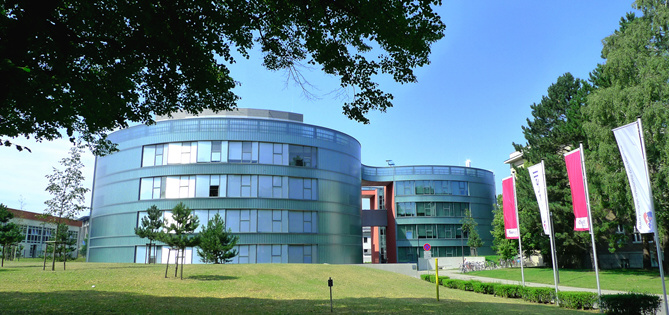Virus Res. 2005; 114:45-53.
Analysis of adenovirus gene transfer into adult neural stem cells.
Schmidt A, Böckmann M, Stoll A, Racek T, Pützer BM.
Adult neural stem cells (aNSCs) represent an attractive source for the production of specific types of neurons in degenerative CNS diseases and for the development of new regenerative gene therapies. However, the use of adult NSCs for transplantation and gene replacement strategies requires efficient gene expression in the cells. Due to the low pathogenicity of adenovirus (Ad) for humans, its large delivery capacity, and long-term transgene expression, Ad vectors are widely used. Here, we tested the potential of the Ad vector system to transduce adult NSCs. Analysis of Ad receptor expression in primary aNSCs revealed a complete lack of the coxsackie-adenovirus receptor and no or low expression of alphanu- and beta5-integrins, respectively, on mRNA and protein level. Consistently, transduction at different multiplicities of infection using an Ad vector expressing the enhanced green fluorescent protein (GFP) showed that adult NSCs are particularly resistant to Ad infection even at highest MOI (1000) in contrast to differentiated types of neural cells.

Contact
Institute of Experimental Gene Therapy and Cancer Research
Core-Facility Viral Vector & Genome-Editing Technologies
Biomedical Research Center
Schillingallee 69
D-18057 Rostock
Office
Ingrid Winkler
(+49) 381 494-5066(+49) 381 494-5062
ingrid.winkler@med.uni-rostock.de
Department Life, Light & Matter
Research Building LL&M
Albert-Einstein-Str. 25
D-18059 Rostock
Research Building LL&M
Albert-Einstein-Str. 25
D-18059 Rostock




